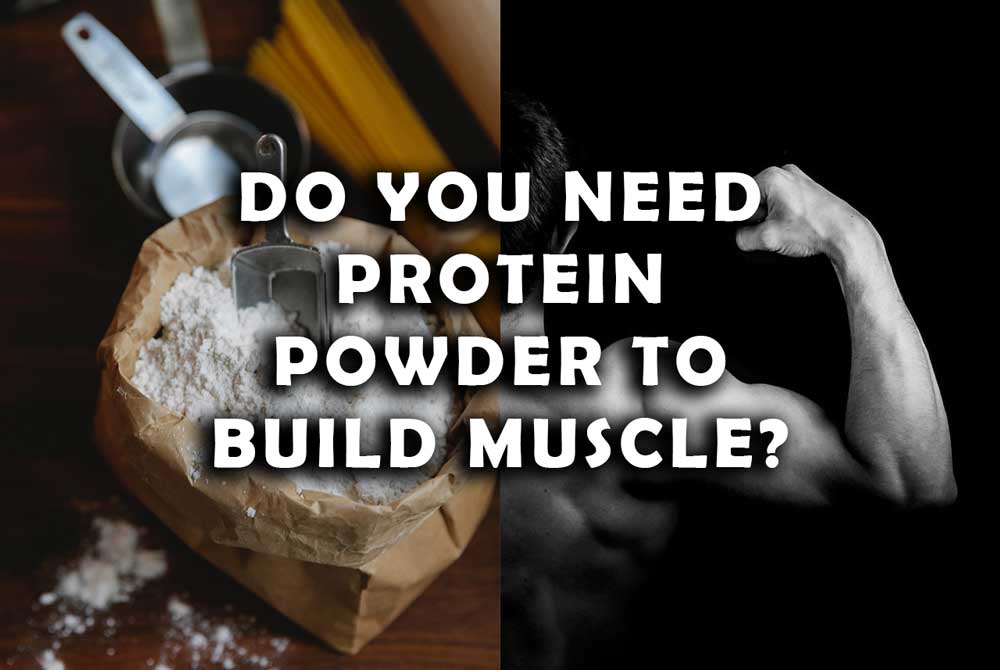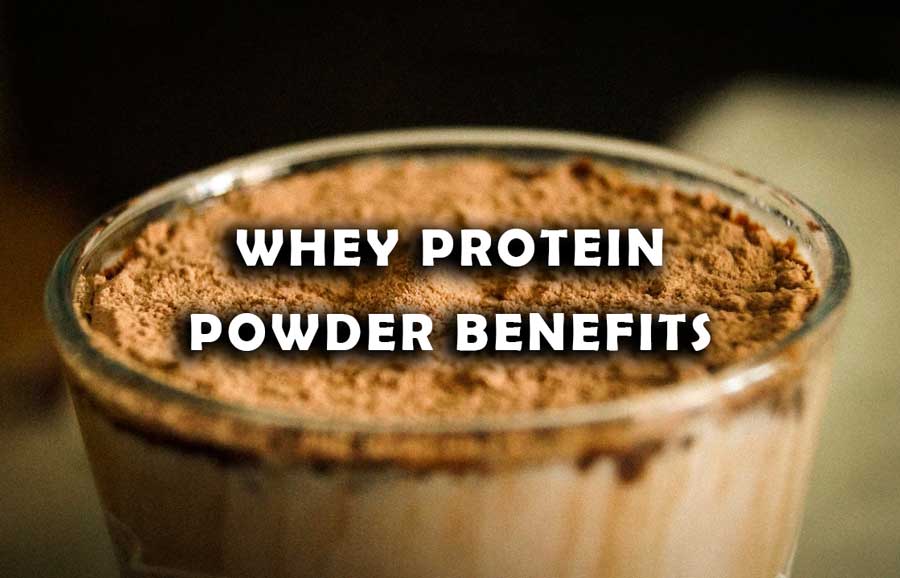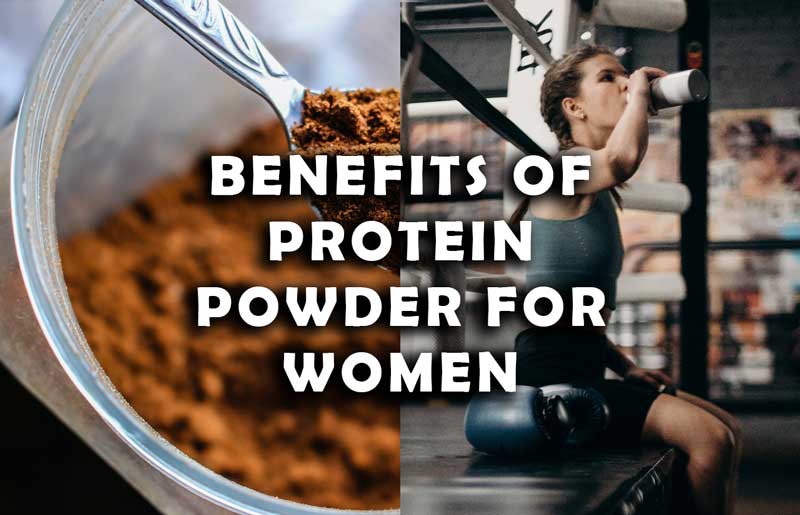Protein powder has become a popular supplement for those looking to tweak up their protein intake. However, some people experience discomfort or pain or even allergies when consuming protein powder. Some people may experience such discomfort particularly in their throat. In this article, we will explore the reasons why protein powder hurts your throat and what you can do to avoid it.
Why Does Protein Powder Hurts your Throat?
If protein powder hurts your throat, there can be several reasons. Here are some of the most common of them:
1) Improper Mixing
One of the most common reasons is that it is not properly mixed with liquid (water/liquid). When protein powder is not mixed well, it can form clumps that are difficult to swallow and can irritate the throat.
2) Too Thick Protein Powder Hurts your Throat
Another reason is that the protein powder is too thick, causing it to stick to the throat and making it hard to swallow. This can also result in dry throat if not taken care of. The dryness can also irritate the throat.
3) Allergy And Lactose Intolerance
Allergies are one of the main reasons why protein powder hurts your throat. Some people are allergic to certain types of protein powder, which can cause swelling, itching, and difficulty breathing.
Also, if you are allergic to lactose, protein powders that contain lactose can be a reason that can hurt your throat.
4) Low Quality Protein Powder
Yes, quality of protein powder plays an important role in understanding any side effects due to it. Low quality protein powder can hurt your throat, as they might contain additives and preservatives.
What is Protein Powder?
Protein powder is a dietary supplement that contains high amounts of protein. Athletes and bodybuilders commonly use protein powders to increase muscle mass and improve performance.
Protein powders are really beneficial for people who cannot complete their daily dose of protein through food. Protein powders are generally safe but it can show some side effects inn some people.
To increase protein in their daily diet, may individuals use protein powders. Protein powders come in various forms, including whey, soy, casein etc.
Learn more about:
How Much Protein Powder Should You Take?
Types of Protein Powder
Whey protein powder is the most common type of protein powder. It is a by-product of cheese production and is easily absorbed by the body.
Soy protein powder is made from soybeans and is a good alternative for those who are lactose intolerant or have a dairy allergy.
Casein protein powder is another milk protein that is slower to digest than whey protein powder.
Other types include pea protein powder, hemp protein powder etc.
The Role of Quality of Protein Powder

The quality of protein powder can also play a role in whether or not it hurts your throat.
Cheaper protein powders may contain fillers, additives, or artificial sweeteners that can cause discomfort or irritation. Cheaper protein powder brands may have not been through the quality analysis in labs like the other brands might have.
It is essential to choose a high-quality protein powder that is free of additives and has a good taste and texture. Trustable brands with higher popularity and with proper certification of quality analysis are always better.
Common Side Effects of Protein Powder
Protein powder can have different side effects, including nausea, bloating, and gas. Some people may also experience an upset stomach or diarrhoea. These side effects are often due to the body’s inability to digest the protein powder properly.
Some people have also been reported of getting acne due to consuming whey protein powder.
Tips to do if protein powder hurts your throat
If protein powder hurts your throat, you can try the following tips to avoid it.
- Mix your protein powder with plenty of liquid, such as water or milk or smoothies.
- Switch to other liquids in which protein powder is being mixed. This can cure the irritation in the throat and can stop hurting the throat.
- Use a blender or shaker bottle to ensure that the protein powder is mixed well.
- Use a high-quality protein powder that is free of additives and artificial sweeteners. Always recommended to go for trustable and established brands, as they go through all the quality tests.
- Move to other protein powder sources than the one you are facing problems with.
- Decrease the amount of protein powder being consumed. Or even stop for few days to understand if protein powder is the reason for the throat problem.
- Start with a small amount of protein powder and gradually increase the amount.
- Drink plenty of water before and after consuming protein powder.
- Avoid consuming protein powder right before bed, as lying down can make it easier for the powder to irritate your throat.
- Try consuming your protein powder in other forms, like salad or making cookies, muffins out of it. This will ensure if your protein powder is only hurting your throat in liquid form or not.
The Importance of Proper Hydration
Proper hydration is essential on a daily routine. It is also essential when consuming protein powder. Drinking enough water can help to prevent dehydration.
Less water can dehydration which can cause dryness in the throat and make it easier for the protein powder to irritate your throat. Aim to drink at least eight glasses of water a day, and drink more if you are exercising and sweating a lot.
How to properly use protein powder to stop hurting your throat?
Using protein powder properly can help to prevent discomfort or pain in your throat. One way to use protein powder properly is to mix it with plenty of liquid. This can help to ensure that the powder is well-dissolved and easier to swallow. You can also use a blender or shaker bottle to help mix the powder more thoroughly.
It’s also important to follow the instructions on the protein powder packaging carefully. Some powders may require a specific amount of liquid or recommend consuming the powder at a certain time of day. Following these instructions can help you to use the powder effectively and avoid any discomfort in your throat.
When to Seek Medical Attention if protein powder hurts your throat
If you experience severe discomfort or pain in your throat after consuming protein powder, you may need to seek medical attention.
If your problem doesn’t go away even after changing the protein powder, it is better to seek medical help. This could be a sign of an allergic reaction or an underlying medical condition. Some symptoms to watch out for include difficulty breathing, swelling of the lips or tongue, or a persistent sore throat.
If you are experiencing any of these symptoms, it’s important to contact your doctor or medical professional’s attention immediately.
Conclusion
In conclusion, it is very rare that a protein powder hurts or irritate the throat. Nevertheless, protein powders can hurt your throat for a variety of reasons. Ensuring that you properly mix the powder with plenty of liquid and choose a high-quality product can help to prevent discomfort or irritation.
Switching to other protein powder can also eliminate allergies that can be a reason. Additionally, staying hydrated and following the instructions on the protein powder packaging can help to ensure that you use the powder effectively and avoid any issues.
If you do experience discomfort or pain in your throat after consuming protein powder, it’s important to pay attention to your symptoms and seek medical attention if necessary.
FAQs
1. Can protein powder cause allergic reactions?
Yes, some people may be allergic to certain types of protein powder, which can cause swelling, itching, and difficulty breathing. Protein powders may contain allergens like lactose, gluten that can cause allergies and reactions.
2. How much protein powder should I consume per day?
The recommended amount of protein powder per day varies based on factors such as age, weight, and activity level. It’s best to consult with a healthcare professional to determine the right amount for you. Generally, 1-2 scoops should not hurt.
3. Can protein powder cause weight gain?
Consuming protein powder alone is unlikely to cause weight gain. However, if you consume more calories than your body needs, you may gain weight.
4. How can I make my protein powder taste better?
You can try mixing your protein powder with different liquids, such as milk or fruit juice, or adding it to smoothies or baked goods for a different flavour.





